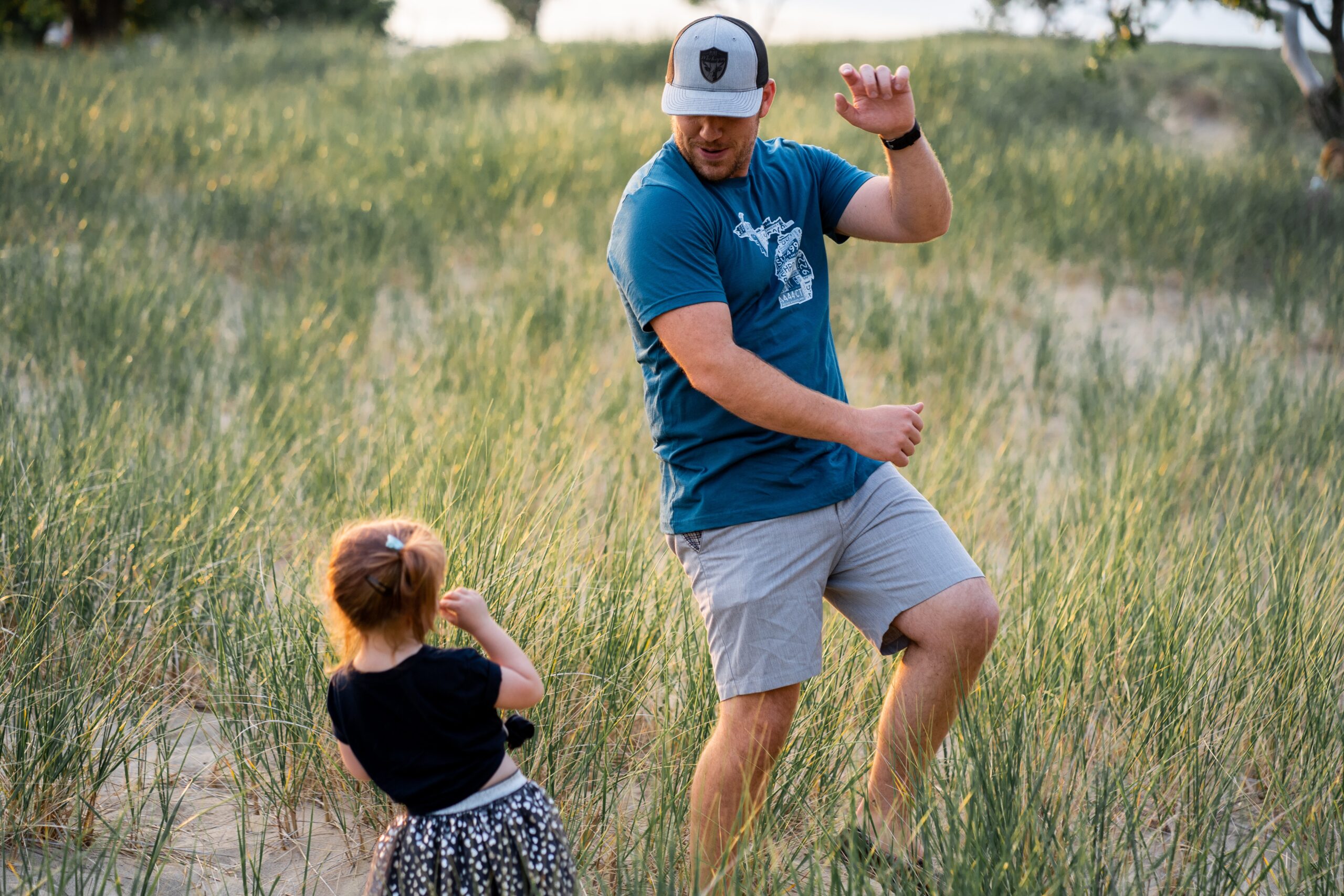Introduction:
Welcoming a new addition to the family brings immense joy and excitement, accompanied
by the anticipation of witnessing your baby’s growth and development.
As a parent, it’s natural to be curious about the various milestones your baby will reach
during their first year.
This article provides an insightful guide to the typical developmental milestones, offering
tips on how to support and celebrate your baby’s journey to a healthy and happy
childhood.
Physical Development:
Babies undergo remarkable physical changes during their early months.In the first few
weeks, they develop the ability to lift their heads while lying on their stomachs.
Tummy time is crucial for building neck and upper body strength.
As your baby grows, they will start rolling over, sitting up, and eventually crawling.
Encourage these milestones by providing a safe and stimulating environment, filled with
colorful toys and age-appropriate play mats.
Motor Skills:
Motor skills encompass both gross and fine motor skills.
Gross motor skills involve large muscle groups and movements, such as rolling over,
sitting, crawling, and eventually walking.
Fine motor skills involve smaller movements, like reaching for objects, picking up small
items, and eventually grasping and holding objects.
Stimulate fine motor skills by offering baby-safe toys with varying textures and sizes.
Cognitive Development:
Cognitive development involves the growth of intellectual abilities, memory, and problem-
solving skills.
During the first months, babies respond to familiar faces, sounds, and voices.
As they progress, they develop object permanence, understanding that objects still exist
even when out of sight.
Engage your baby with simple games like peek-a-boo and provide age-appropriate toys
that encourage exploration and discovery.
Speech and Language:
While your baby may not start speaking in the first few months, they communicate through
cooing, babbling, and expressive gestures.
Responding to your baby’s sounds and gestures fosters a sense of connection and
encourages the development of communication skills.
Narrate your daily activities, read colorful books, and sing to your baby to enhance
language exposure.
Social and Emotional Development:
Social and emotional development is a crucial aspect of your baby’s growth.
During the early months, babies develop a strong attachment to their caregivers, typically
starting with the primary caregiver.
Smile, cuddle, and maintain eye contact to build a secure emotional bond.
As they grow, babies become more expressive, showcasing a range of emotions.
Encourage social interactions through playdates and gentle exposure to new people and
environments.
Sleep Patterns:
Sleep plays a vital role in your baby’s development.
Establishing a consistent bedtime routine helps regulate sleep patterns.
Create a calm and soothing environment, dimming lights, and avoiding stimulating
activities before bedtime.
While sleep needs vary, most infants require 14-17 hours of sleep per day, including naps.
Nutrition and Feeding:
Proper nutrition is fundamental to your baby’s healthy development.
Whether breastfeeding or formula-feeding, ensure your baby receives the necessary
nutrients for growth.
As your baby reaches the age of 4-6 months, introduce age-appropriate solid foods,
starting with single-grain cereals and gradually progressing to fruits, vegetables, and
protein sources.
Dental Care:
Dental hygiene is an essential aspect of your baby’s overall health.
As teeth begin to emerge, typically around six months, clean your baby’s gums with a soft,
damp cloth or a finger brush.
Once teeth appear, introduce a soft-bristled baby toothbrush and a tiny amount of fluoride
toothpaste.
Safety Measures:
As your baby becomes more mobile, safety becomes paramount.
Baby-proof your home by securing furniture, covering electrical outlets, and installing
safety gates.
Always use a properly fitted car seat and practice safe sleep habits by placing your baby
on their back in a crib with no loose bedding.
Regular Check-ups:
Regular pediatric check-ups are essential to monitor your baby’s growth and development.
These visits provide an opportunity to discuss any concerns or questions with your
healthcare provider.
Vaccinations, growth assessments, and developmental screenings are integral
components of these appointments.
Conclusion:
Celebrating your baby’s developmental milestones is a rewarding journey filled with
wonder and excitement.
Each baby is unique, and progress may vary, but these general guidelines can help you
navigate and appreciate the incredible journey of your child’s early years.
Cherish the moments, offer love and support, and relish in the joy of witnessing your baby
grow into a healthy and happy individual.
Remember, being present and responsive to your baby’s needs fosters a strong
foundation for a lifetime of well-being and fulfillment.










